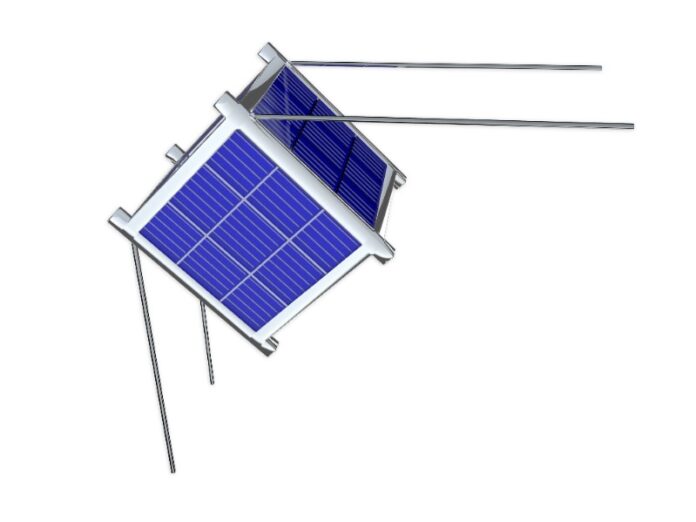The BotswanaSat-1 (Bot-SAT-1) is a cube satellite and will be used for earth observation
Scientists in Botswana have said that the country’s International University of Science and Technology (BIUST) will likely launch its first satellite into space in 2023. Three years ago, the president of Botswana, Mokgweetsi Masis, announced the development of a space program to drive South Africa’s tech economy and provide critical data for areas like smart farming and real-time virtual tourism.
“The satellite, which will be used for earth observation, will generate data for smart farming and real-time virtual tourism,” Masis said. “Furthermore, it will help us predict and forecast harvest time through the use of robotics and automated technology. It will also make it easy for our people to access key facilities, particularly financial support and accurate market outlook and projections using data generated from space.”
The satellite, called BotswanaSat-1 (Bot-SAT-1), is a cube satellite or a nanosatellite. CubeSats must weigh less than 10 kilograms and are also subject to additional shape and size specifications.
Professor Abraham Atta Ogwu, the BIUST deputy vice chancellor or research, development and innovation, told The Voice that the ground communication station has already completed its first phase development, and that the next step is the launching the satellite into orbit.
According to Ogwu, the launch will further the county’s ambitions to become transform “from a resource based to a knowledge-based economy.” He said doing so is not possible without owning a satellite, which he called “the backbone of all modern communications systems.”
Further, Ogwu believes that the data generated from its satellites will allow Botswana to solve some of the county’s most pressing challenges, particularly around communications, internet, weather forecasting, agricultural, land resources mapping, television broadcasting and tourism industries. Such areas of focus are key to several of the country’s initiatives such as Vision 2036, which details four pillars of prosperity (sustainable economic development; human social development; sustainable environment; and governance, peace and security) and the Reset Agenda of Botswana.

